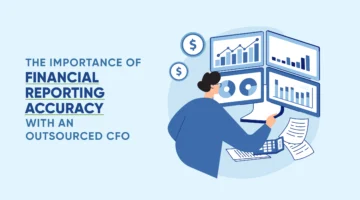Acquisition and Merger Due Diligence
Due diligence is arguably the most important part of an acquisition or merger. Having an outside group review the financial statements and other important documents is a great way to make sure to reach the best possible deal for both sides. Having a second set of unbiased eyes makes sure that you will not regret the deal down the road.
Is There a “Right” Time to Start Due Diligence?
Due diligence should be the last part of the acquisition or merger. Having all of the other sides operating and financial information along with a nonbinding term sheet is key for due diligence to be successful. Without a term sheet it is nearly impossible to see the full effect the deal could have on a company. Once terms have been put in place it is time for both sides to do their due diligence and make sure that the deal on the table will be beneficial for both sides.
Now that the due diligence period has started it is time to complete the due diligence checklist to get a better understanding of the company you merging with or acquiring. While each acquisition has different due diligence requirements below are some basic items that should be completed before signing anything:
-All Financial Statements
-Fixed Assets
-Liabilities
-Equity
– Employee Benefits (What type of benefits do they offer? What would be the cost to switch medical plans? What is the other company’s vacation policy? How is their 401K set up?)
-Intellectual Property (Are all Trademarks, Patents, and Copyrights up to date?)
These are only some of the things that should be reviewed during the due diligence period of an acquisition or merger. Schedule a free consultation today to get a better understanding of the due diligence process and learn how NOW CFO can help you through that process.



